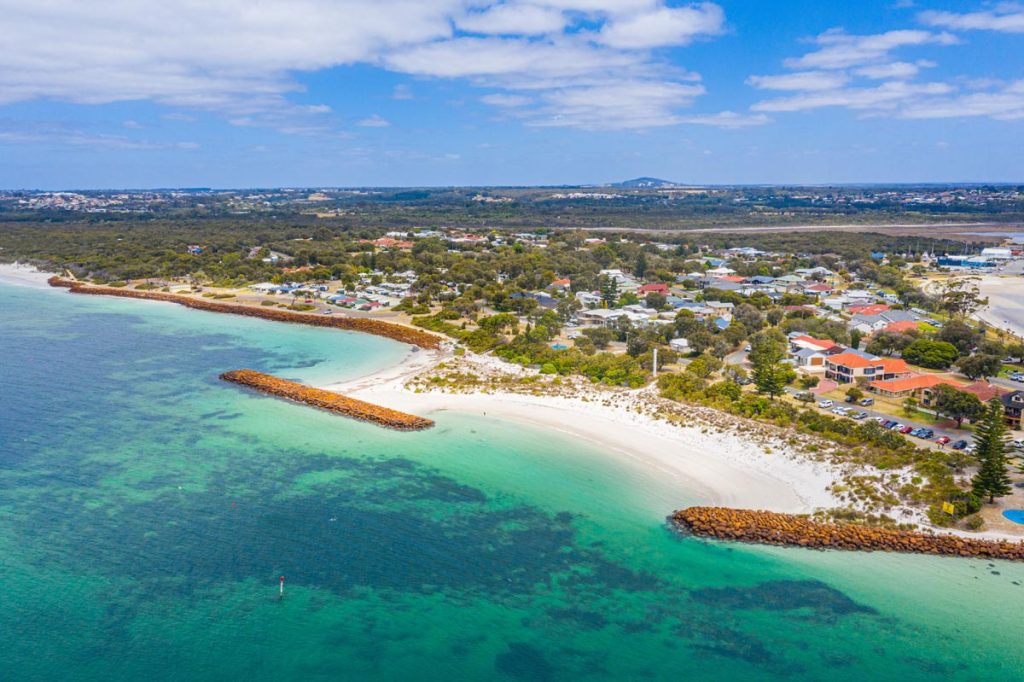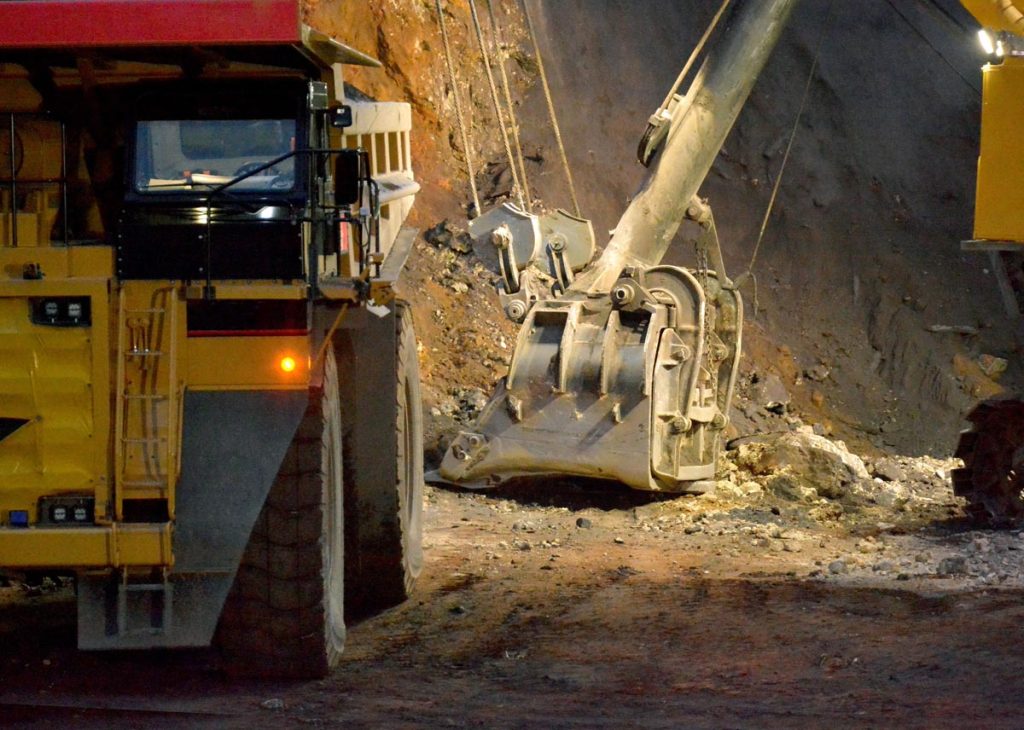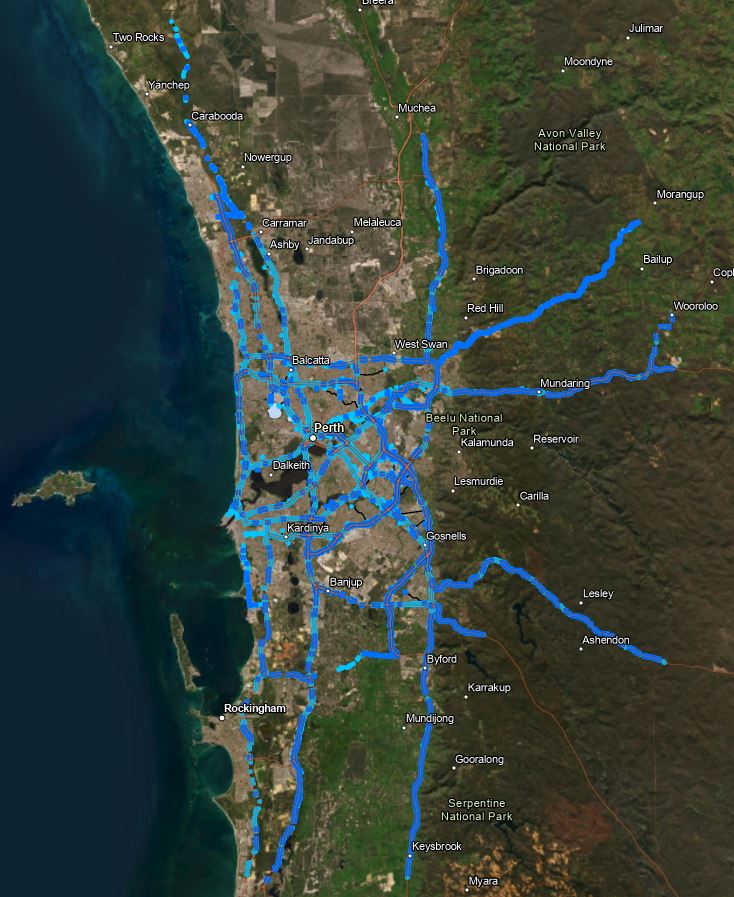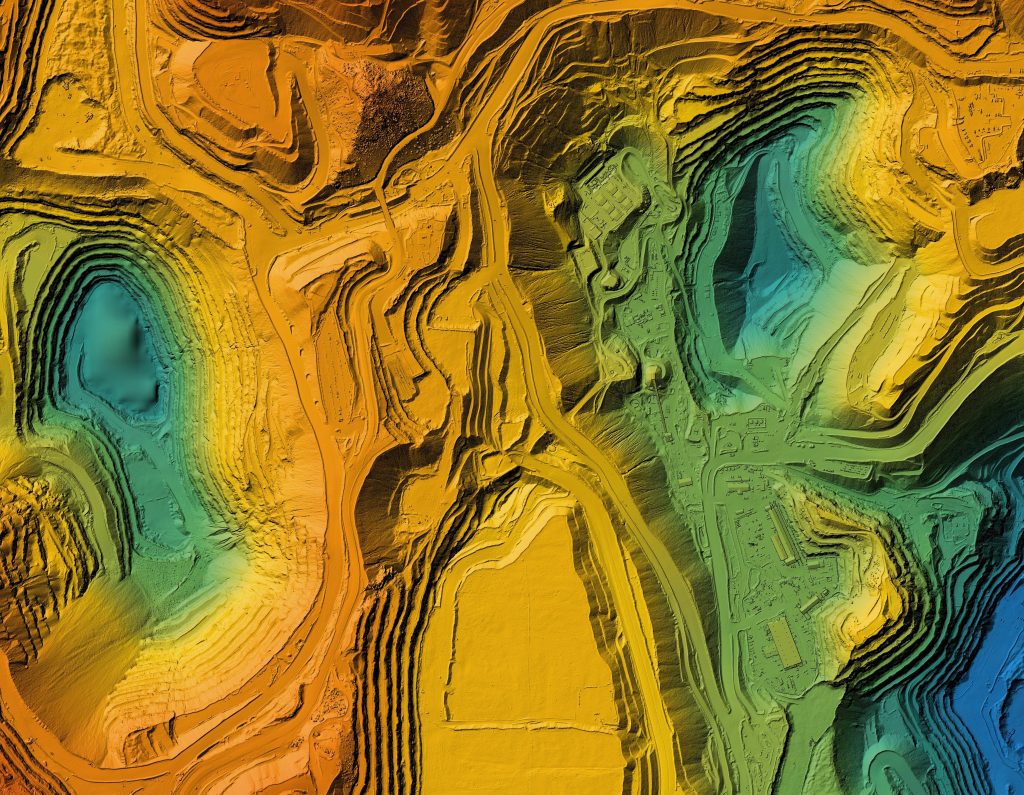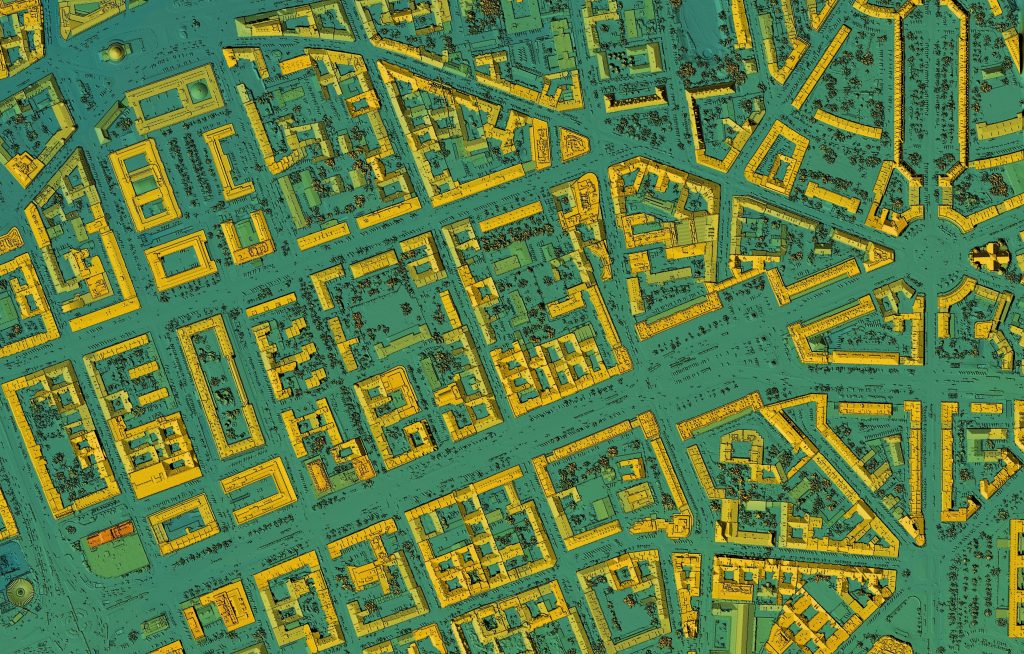Talis was engaged by the Hunter Joint Organisation on behalf of its member councils – Upper Hunter Shire, Midcoast, Dungog, Port Stephens, Maitland, City of Newcastle, Lake Macquarie, Cessnock, Singleton, and Muswellbrook to prepare a Disaster Waste and Resource Recovery Management Plan (DWRRMP). The work under Phase 1 aimed to assist the member councils to better understand their disaster waste needs and the associated risks, allowing them to improve local capability by planning cross-region, place-based solutions for effective disaster waste management and resource recovery systems.
The spatial team was engaged on several tasks including:
- Undertaking a data discovery – obtaining multiple datasets (both public and privately sourced) to assist in the mapping of the current waste facilities located in the project area. This included obtaining spatial information on Disaster areas (e.g., areas at risk from Bushfire, Flood, Landslide and Tsunamis), Topography, Road Network Mapping, Council owned and Crowned Land and Licenced (EPA environmental protection licence) sites.
- Providing initial constraints mapping that identified the typical natural disaster events that would likely occur within the Hunter region, and areas that are prone to such events. This including mapping existing waste management facilities (both publicly and privately owned, licenced or unlicenced) within the region to demonstrate where waste is most often currently managed.
- Identifying a temporary or existing facility that could be utilised for waste management in the event of a disaster. A number of these potential sites were identified by the local councils, while others were identified through a detailed site selection study.
Site Assessment Selection criteria was then developed by Talis to assist in identifying the preferred temporary disaster waste facility, including preferences on the lot size, surrounding land uses, location, and land tenure as well as any environmental constraints or site features that may impact or limited their suitability. A Multi Criteria Analysis (MCA) was undertaken to rank ranking the proposed facilities in order of preference based on the weighting and scoring for each sub-region. This ranking provided the client with a clear outline of the most suitable preferred temporary disaster waste sites within each sub-region.


